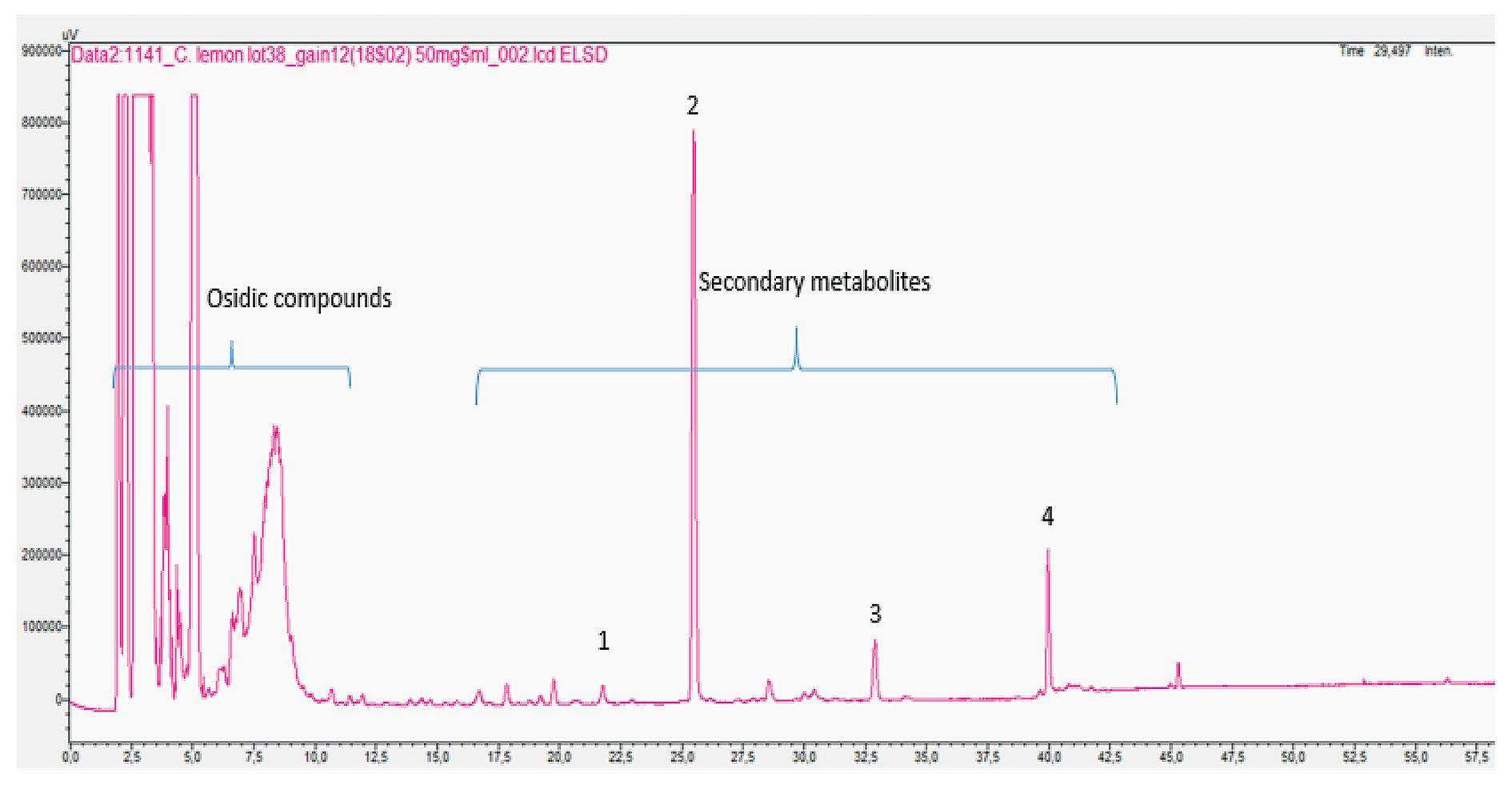
4 minute read
Recent trials show large potential for nutritionally improved feather meal in shrimp feeds
Figure 1. New generation of feather meal.
Recent trials show large potential for nutritionally improved feather meal in shrimp feeds
Mélanie Guédon, Akiolis
Easily available on the market, being part of a sustainable production chain, and more economic than fishmeal, does feather meal have potential in shrimp farming? Still little used, it offers potential as an alternative to fishmeal. Akiolis, a French producer of ingredients based on poultry byproducts, has explored the use of this raw material in a series of trials, confirming that feather meal can effectively replace a large part of fishmeal in shrimp feeds. Fishmeal is becoming scarce and the search for alternative proteins has already been at the heart of development projects of the aquaculture industry for several years. Among the raw materials allowing a supply of quality proteins to replace fishmeal, poultry meal has a proven track record. But this is not the only solution, other processed land animal proteins can fulfill this role, among them feather meal. Backed by its R&D center, Akiolis has developed innovative processes to guarantee a high protein digestibility of feather meal. After studying digestive performance and growth potential in fish species for many years, the recent focus has been on the use of nutritionally improved feather meals as fishmeal replacer in feeds for whiteleg shrimp. Global demand is strong and shrimp farming is moving towards a more technical and optimized model with an important parameter to the evaluation of alternative proteins in shrimp: resilience and immune sensitivity. Some aquafeed producers and farmers had concerns about feather meal and Akiolis’ nutritionally improved feather meal needed the best technical documentation. The company performed some trials in shrimp to reinforce the value of the company’s three feather meals, but beyond that, they have opened up opportunities for the entire shrimp industry and best-in-class feather meal producers and play a pioneering role, opening up avenues to overcome reluctance.
Promising prospects for the shrimp farming industry
IMAQUA, a research company with roots in the University of Gent in Belgium, was contracted for this work. Their researchers quantified the effect of using feather meal to replace high-quality fishmeal in diets for whiteleg shrimp (Penaeus vannamei). Previous studies in shrimp have often focussed on growth performance and feed efficiency. This was also done in this study. However, to prove the applicability of tested products to field conditions, shrimp were exposed to typical environmental stress (salinity change) and a pathogen challenge (WSSV) as part of the testing protocol. Moreover, histology observation of the hepatopancreas and immune gene evaluation were also conducted in order to get a full picture of the consequence of the change of diet in the metabolism of the animals.
A robust protocol that confirms the value of three types of qualitative feather meals
The protocol was established with a reasonable ambition to replace 30% of fishmeal. A reference diet containing 22% of fishmeal was compared to three test diets, each one containing 15% fishmeal and 7% feather meal. The formulation has been controlled to guarantee an iso-proteic and iso-energetic value of each diet, as well as the balance of amino acids and micro-nutrients. Three different feather meals of Akiolis were tested: one produced with a classical process, the second one with a patented low-temperature drying (LT) and the third one with a new generation, innovative patented technology, this new feather meal is being launched this year (Table 1). Shrimp, with a start weight of 0.2 gram, were fed for 28 days at 27°C and 20 ppt salinity in four replicate tanks per treatment. After the feeding period, an average weight of 1.1 grams was achieved. Survival rate, feed conversion ratio (FCR) and growth rate (SGR) were not impacted by the inclusion of feather meal of all types. A well-balanced metabolism was documented through healthy histology of the hepatopancreas. Sections did not show any significant difference in the lipid droplets area. In further studies, the shrimp were subjected to a rapid decrease of salinity and challenged with inoculation of the white spot syndrome virus (WSSV). These tests were then supplemented by analyzing the gene expression of genes related to immunity. No difference was observed between any of the dietary treatments. Resistance to hypo-osmotic stress and WSSV-related mortality were identical in diets with a high level of fishmeal and diets containing feather meal. Translating such laboratory trials into a practical pond situation is often debated. However, the width of response criteria in this study does mimic many of the potential naturally occurring challenges to shrimp survival and performance, and thus these results document that feather meals from Akiolis can replace a significant share of fishmeal in shrimp feeds in practice.
Conclusions
These tests indicate that we can reduce dependence on wild resources to feed farmed shrimp, by reducing the rate of fishmeal in their ration from 22% to 15%, without impacting productivity. They thus show that this substitution of fishmeal by feather meal is possible on a 1 to 1 basis, and that feather meal can be included up to 7% - as long as it has all the right quality characteristics, such as those tested here. These results offer new formulation perspectives for aquafeed producers.
These multi-criteria studies clearly demonstrate a high potential for using feather meals from Akiolis in shrimp feeds and confirm the company’s strategy to develop new products in the recently renamed Hydrofaks range, dedicated to aquaculture. The group is investing in new drying and granulation technologies that increase the nutritional value, stability and digestibility of its proteinbased products. As a key actor of the circular economy, Akiolis provides sustainable, healthy and traceable ingredients to support the success of the fish and shrimp farming industry.
References available on request.

Mélanie Guédon
More information: Mélanie Guédon Product & Market Manager Akiolis, France E: melanie.guedon@akiolis.com
Aquafeed: Advances in Processing & Formulation Vol 13 Issue 2 2021











